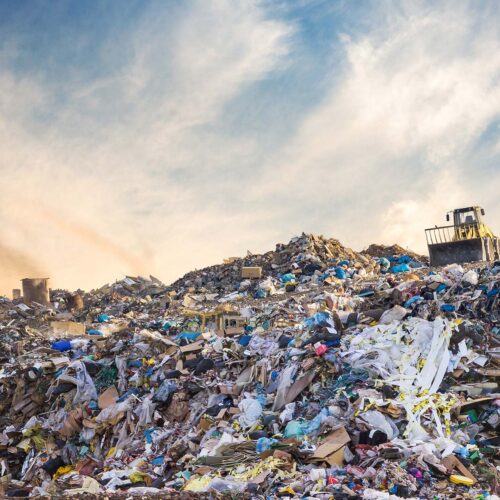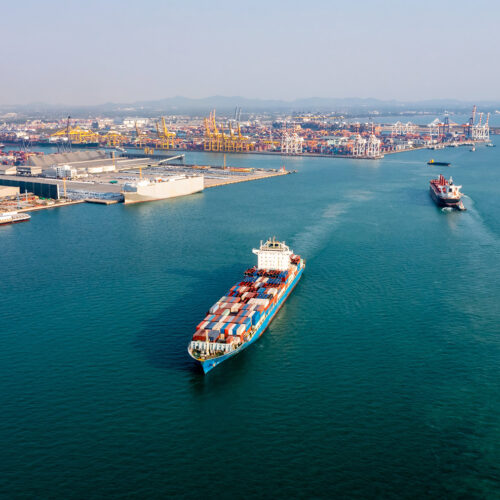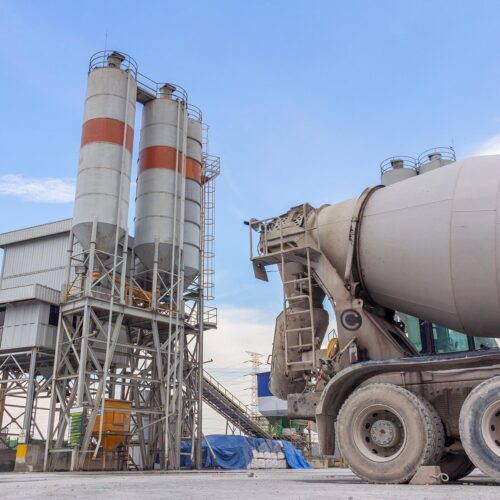Industry
2024
| Report
This report catalyzes the discussion around green public procurement of low-carbon steel and cement for the construction sector in India. It decodes India’s policy and institutional landscape around public procurement for steel and cement, unpacks…
Industry
2024
| Report
The Waste Methane Assessment Platform (WasteMAP) provides data and resources including landscape assessments, technical assistance memos, and strategy playbooks that are custom-tailored for specific regions to help waste management officials, municipalities, policy makers, and other…
Industry
2024
| Report
Advancing Policies and Infrastructure to Support Near-Zero-Emissions Steel Production in the Great Lakes Region.
Industry
2024
| Report
As the aviation industry gears up for a net-zero future, sustainable aviation fuels (SAF) are garnering unprecedented attention. RMI takes a deep dive into the policy landscape shaping the future of SAF — a pivotal…
Hydrogen
2023
| Report
The EU will soon be the first global market to demonstrate how importing hydrogen (H2) can help accelerate decarbonization and promote energy security — if it can mobilize additional support for procurement and end use…
Industry
2023
| Report
RMI’s comprehensive assessment of the research, development, and demonstration projects needed to scale 32 carbon dioxide removal solutions.
Climate Data
2023
| Brief
Over the next several years, the Department of Energy plans to distribute over $9.5 billion in federal funding to support clean hydrogen market formation across the United States.
Hydrogen
2023
| Policy Brief
RMI’s position in the 45V debate to ensure grid-connected green hydrogen helps meet US climate goals.
Industry
2023
| Report
RMI’s insight brief provides a one-stop shop for understanding the landscape of emerging technologies to decarbonize concrete and cement.
Industry
2023
| Report
New technology and operational changes to reduce steel emissions will be required this decade to align US steel production with the 1.5°C emissions budget.










